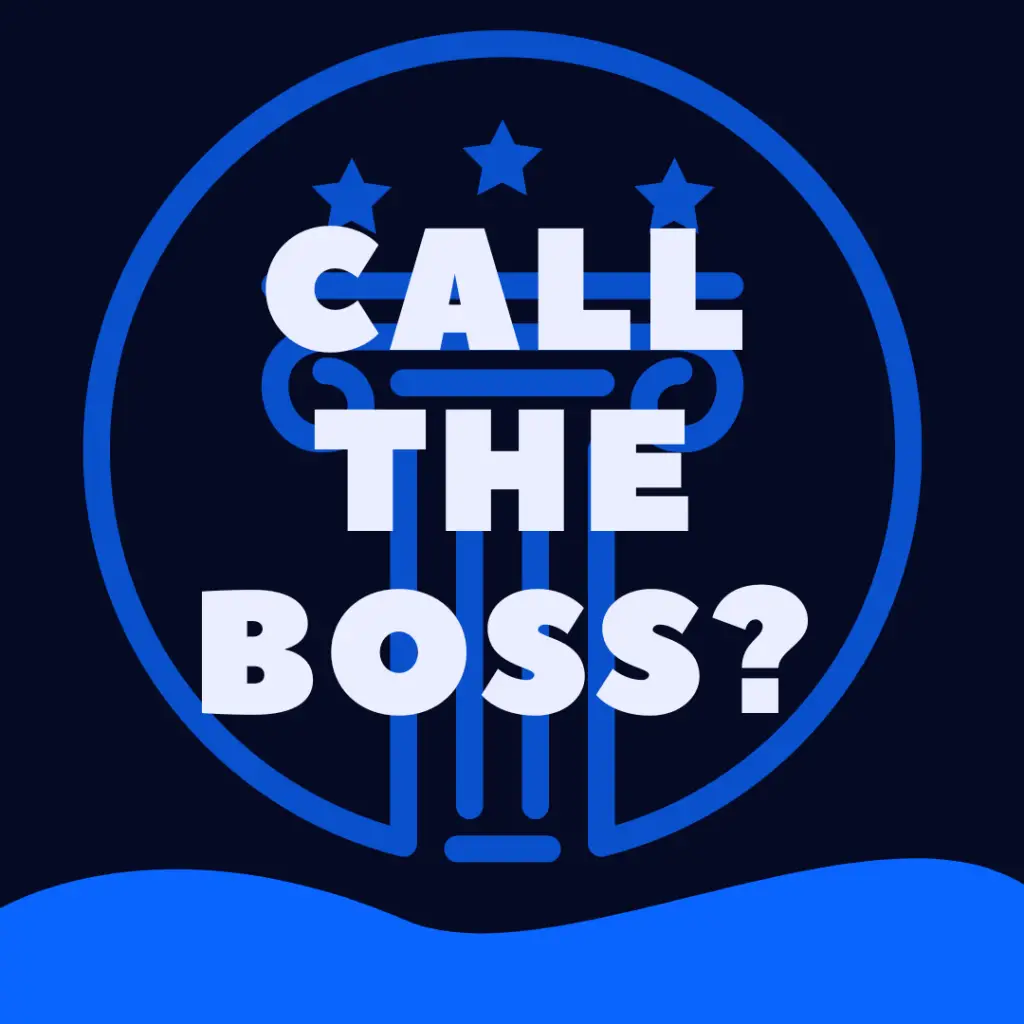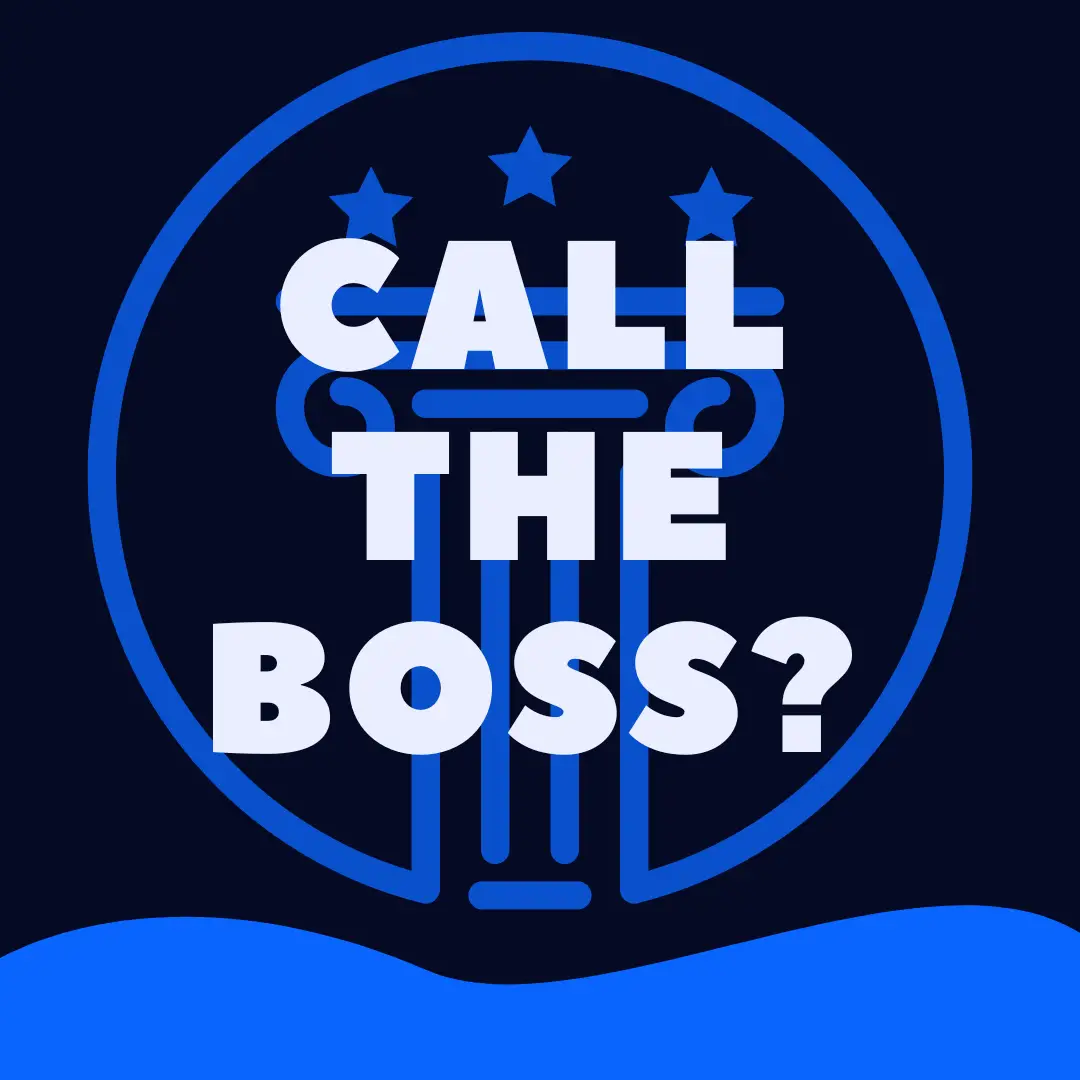Answer: Yes, probation officers can call the employers of their probationers, and they often do.
In the article that follows, we’ll explain.
Can a Probation Officer Call Your Employer? (Explained)
Disclaimer
The contents of this web page are for informational purposes only, and nothing you read is intended to be legal advice. Please review our disclaimer about law/legal-related information on this website before taking action based upon anything you read or see.
Authority of the Probation Officer
The probation officer’s authority comes from two places.
First, the terms of the probation order dictate what the defendant needs to do (and not do).
This order also provides the supervising agency (probation) the authority to take steps as provided by the order and by statute to supervise the defendant’s progress.
Next, the statutes referenced in the order and on the books in the state govern probation and supervision.
In the terms of probation, the defendant is likely to be ordered to:
- commit no new crimes
- use no illegal substances
- use no controlled substances without a prescription
- get a job or maintain current employment
- attend school
- get evaluated for counseling or treatment
- attend meetings
- meet with the probation officer
- consent to a search of the defendant’s person, residence, or vehicle
There may be others, depending on the offenses that the defendant has been convicted of, and his previous criminal history.
If the defendant has been ordered to do something, it is a violation of his probation if he does not do as ordered.
It is the supervisor’s job to keep tabs on the defendant to make sure that he is compliant with the terms of his probation.
The probation officer will also help the defendant, by giving him referrals to services he might need to access in order to achieve the court’s orders.
The probation officer will also ask the defendant to submit to testing or other evaluations to make sure he is compliant.
Verifying Employment
It is the probation officer’s job to supervise the defendant, and also to confirm to his supervisor, the prosecutor, and the court that the defendant is compliant.
For many reasons, probation officers do not simply accept the defendant’s statement that they are compliant.
These reasons include:
- defendants lie
- defendants are more likely to stay compliant if they know that the probation officer is going to check
- it is best for the community that the probation officer take an active role in his supervision of defendants
- defendants with active supervision are more likely to succeed on probation
In any event, this means that the probation officer will not accept the defendant’s statement that they have a job.
The probation officer will want more information, such as the name of the business, the kind of work being performed by the defendant, wages, the name of the manager/owner, and contact information for the business.
To verify the employment, the probation officer will at the very least call the business.
Many probation officers will actually take the extra step of visiting the place of employment, and requesting an opportunity to walk through the areas where the defendant works.
Beyond Verification
What if the probation officer does more than confirm that the defendant works there?
What if the probation officer tells the employer about the facts of the case and the details about the sentence?
While defendants might feel that disclosure of the facts is a violation privacy, the probation officer is not limited to verifying the defendant’s employment when he contacts the employer.
The facts of the case and the sentence are a matter of public record by the time the defendant is placed on probation, and alerting the employer to the basic facts of the case is not providing the employer with any information that the employer couldn’t access on his own through a public records request.
But What If The Defendant’s Employer Doesn’t Know About The Probation?
The defendant cannot stop the probation officer from doing his job.
That being said, the defendant and the probation officer can have a candid conversation early on about the potential impact of disclosing the existence of the conviction and associated probation with the employer.
There are some instances where disclosure of the conviction is necessary, through it could cause the loss of employment (education, nursing, law enforcement, finance).
There are some instances where the disclosure is not necessary to continue in the position, and would cause the defendant trouble or unnecessary embarrassment.
The defendant might be able to persuade the probation officer that verifying the employment in an alternative manner is best for everyone all the way around.
If a Defendant Expects Trouble
If the defendant expects that his probation officer’s contact with his job is going to cause problems, the defendant has a handful of options.
One, he can talk to the probation officer about the verification and try to work together to help him keep the job.
Two, he can be candid with his employer to soften the blow of the probation officers eventual contact, even knowing that it could impact his employment.
Three, he can do nothing and hope for the best.
Four, he can talk with his attorney before the resolution of his case about the terms of probation, in order to set some boundaries. Or, if the case is already over, talk with an attorney about seeing if it is possible to modify the probation terms to save his job.
There many be some other options, which would be best discussed with the defendant’s attorney or another legal professional in the community where the defendant is being supervised.
Wrap Up
Want to learn more about your criminal justice system?
Browse our free legal library guides for more information.
You might also like:
- Can a Probation Officer Find Out If You Left the State?
- Can a Probation Officer Change Your Conditions?
- Can a Probation Officer Search a Safe?
- Can a Probation Officer Search Your Roommate’s Room?
- Do Probation Officers Come To Your House on Weekends?
- Do Probation Officers Verify Prescriptions?
- Can Probation Officers Access Your Medical Records?
- Can a Probation Officer Serve Papers?
- Can a Doctor Excuse You From Jail?
- Can a Probation Officer Read Your Text Messages?


